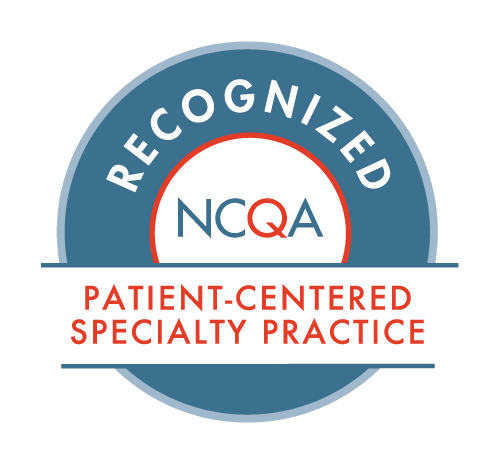How High Blood Pressure Damages Your Heart, and What You Can Do
- Posted on: Dec 11 2024
High blood pressure affects nearly half of all U.S. adults, but only one in four individuals with this chronic condition have it under control. When not treated, high blood pressure can damage the heart and increase the risk for complications, including heart attack and stroke, among many others.
If you learn that your blood pressure is higher than normal, you can seek treatment and make lifestyle changes as needed to return it to a healthy range and avoid serious damage to the heart.
Here are ways to reduce your risk for heart damage and how to request an appointment with a board-certified cardiologist at Hunterdon Cardiovascular Associates.
What Is High Blood Pressure?
A normal blood pressure level is less than 120/80 mmHg. High blood pressure is considered any blood pressure reading that is higher than this level, reports the CDC.
Also known as hypertension, high blood pressure develops gradually over time and rarely causes symptoms, but when it does, headaches, nosebleeds, and shortness of breath are the most common. Anyone can develop high blood pressure, although certain factors may increase risk. Obesity, lack of physical activity, and high levels of stress are some of the many risk factors that contribute to this condition.
How Can High Blood Pressure Damage the Heart?
With high blood pressure, the force of the blood pushing against the artery walls remains consistently high. This means the heart has to work significantly harder to pump blood. Over time, this greater force of blood can damage the walls of arteries and blood vessels, preventing an adequate amount of nutrients and oxygen from reaching cells and vital organs—including the heart.
High blood pressure can damage the heart in numerous ways to cause one or more serious heart conditions. Heart conditions linked to hypertension include:
- Metabolic syndrome
- Heart attack
- Heart disease
- Heart failure
- Coronary artery disease
- Enlarged left heart
- Sudden cardiac death
How Can Heart Damage Be Prevented?
Avoiding behaviors that contribute to high blood pressure may help prevent heart damage. Medications are also available to help control it.
Lifestyle behaviors that may reduce your risk for hypertension and heart damage include:
- Exercising regularly
- Losing excess weight and staying at a healthy weight
- Not smoking
- Consuming less alcohol
- Eating nutritious foods
- Reducing salt and sodium intake
- Managing stress
- Getting quality sleep
- Deep breathing
- Mindfulness meditation
If you need help managing your high blood pressure, contact us today at (908) 788-1710 to schedule an appointment with one of our cardiologists. We can evaluate your condition and discuss the next best steps.
Hunterdon Cardiovascular Associates is committed to providing the highest quality of care in a patient-centered environment. Our offices are conveniently located in Flemington, Clinton, and Bridgewater. We also have subspecialty offices available to ensure our patients receive the proper care for their condition.
Posted in: Uncategorized



